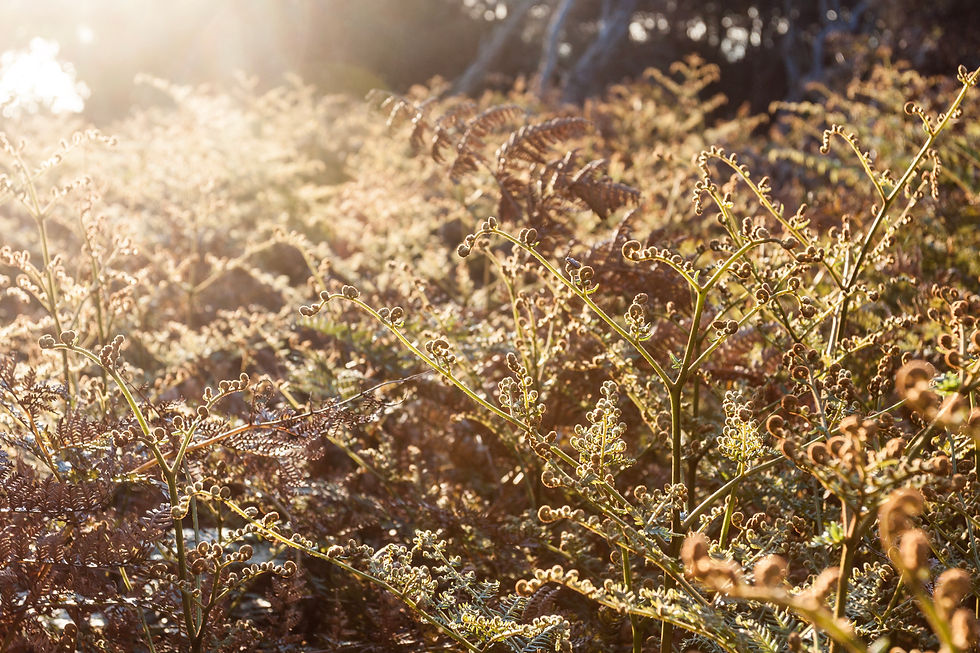
I know people who are amazing naturalists and communicators. When I hear these people talk or write about animals and plants it’s truly fascinating. But I’m not a research scientist. I don’t see myself as a naturalist, or even as someone who communicates interesting tidbits about the natural world particularly well. This is perhaps the main reason why along the journey I have not been posting much information about the 1900+ threatened species for which I am trying to raise funds and awareness. But I do understand why it's so important that we do all we can to protect natural ecologies, and I know how being in natural places makes me feel.
A few years ago I came to the conclusion that what’s stopping us as a society from doing a better job at conserving our natural environment is our physical disconnection from the land. Ninety percent of Australians live in urban areas without access or regular exposure to healthy, pristine nature, a figure that dwarfs the rest of the world (54%). This figure is even more alarming considering our 1-2 million year history as a species living primarily in the wilderness.
I believe the importance of future research is significant. We already have overwhelming evidence from dedicated researchers suggesting that we should be managing things differently, with plenty of information to point us in the right direction, but the societal and political will is not there. I believe this is because our daily lives are largely disconnected from the natural world. If we are to protect our ecosystems, we as a society need to rediscover how to live more connected to natural systems, so that we see where the resources we consume originate from, how our waste is absorbed and we understand the effects of our daily activities on these systems.
Conservation, therefore, is about People. More specifically, it is about having conversations with ourselves, with our neighbours and with their neighbours.
Conservation is about taking personal responsibility for our actions. That’s why my fundraising is supporting BioR, as BioR works to offset the ecological footprint of its subscribers and help people get involved in hands-on conservation activities.
Conservation is about getting outside more often and appreciating and recognising the natural world around us. It is about understanding that we are a functioning part of the living earth (‘Gaia’) and not separate from it. That’s why this project is also supporting Wollangarra Outdoor Education Centre, which provides an opportunity for many young people to get outside and experience being a part of nature, who otherwise would not have that opportunity.
This is why much of my writing along the journey has focused on the people I’ve met and not the species that we are trying to protect. In order to make lasting change we need to have conversations with the people we meet in our day-to-day lives. Please join me in talking with the people in our daily lives about the importance of protecting nature and in taking real action in lessening our own impacts on our local environments and the species they contain.





